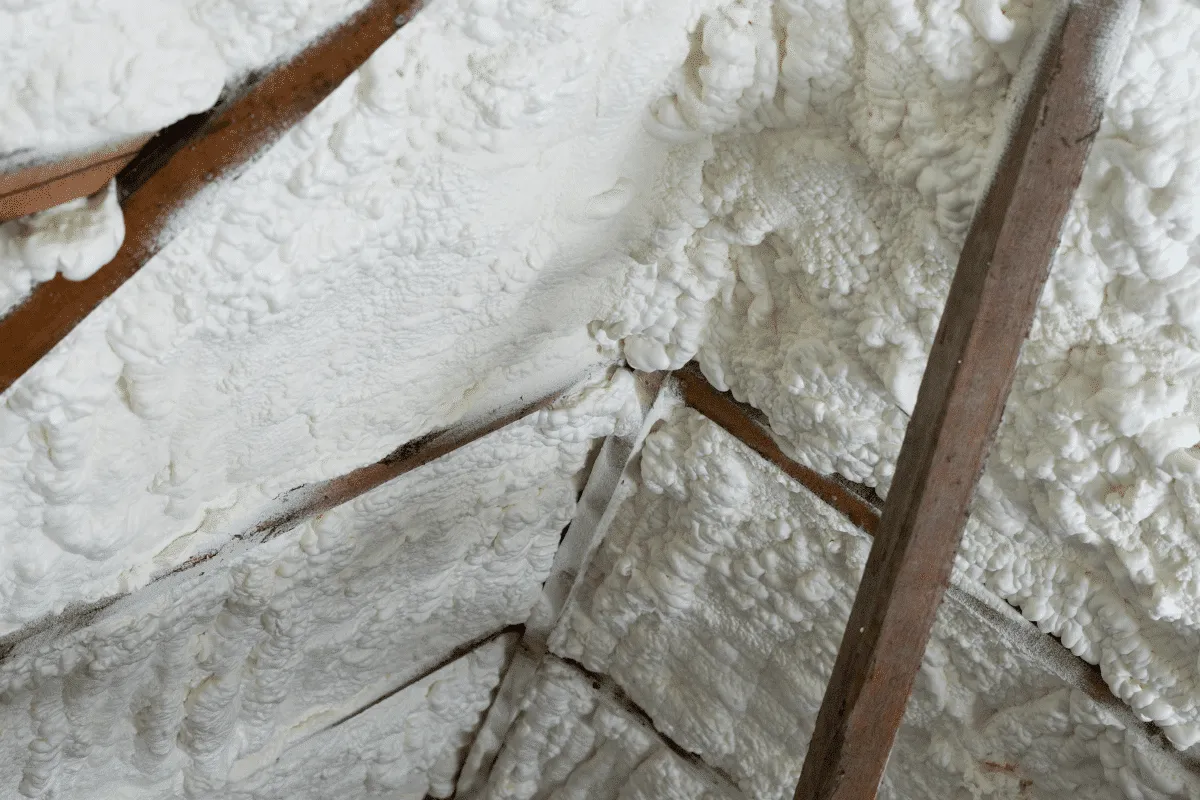
Spray foam insulation is a highly effective way to seal gaps, improve energy efficiency, and enhance indoor comfort. It expands upon application, filling cavities and creating a strong thermal barrier. While it provides long-term benefits, it also releases chemicals that require proper curing time before re-entry.
The main concern with spray foam insulation is the presence of volatile organic compounds (VOCs) and off-gassing during the curing process. These emissions can cause irritation or discomfort, making it necessary to vacate the premises for a specific duration.
The length of time you should stay out of your home depends on several factors, including the type of spray foam used, ventilation levels, and manufacturer recommendations.
Exposure to uncured spray foam chemicals can cause:
For households with children, elderly individuals, or pets, it is advisable to wait at the longer end of the recommended range.
For the best results, consult a professional spray foam insulation provider. At Spray Tech Solutions, we prioritize safety and efficiency in every installation. If you need expert advice on when to safely return home after insulation, contact us at (765) 480-8200 or email sales@spraytechkokomo.com.
Increasing ventilation by opening windows, running fans, and using dehumidifiers can help disperse lingering chemicals more quickly.
If insulation is only applied to a section of the home with a proper barrier and ventilation, staying in another area may be possible. However, it’s best to vacate entirely.
Most off-gassing occurs within the first 24 to 72 hours. Any residual odors that linger beyond this period are typically minimal and non-harmful.
Pets are more sensitive to airborne chemicals. It is recommended to keep them out of the home for the entire curing period and ensure adequate ventilation before their return.
A reputable installer should provide clear guidance on re-entry times, proper ventilation steps, and safety precautions. Always ask for manufacturer safety data sheets to verify compliance.
There may be a slight odor initially, but a properly cured application should not produce lingering fumes.
For professional assistance and guidance on spray foam insulation, reach out to Spray Tech Solutions at (765) 480-8200 or sales@spraytechkokomo.com.